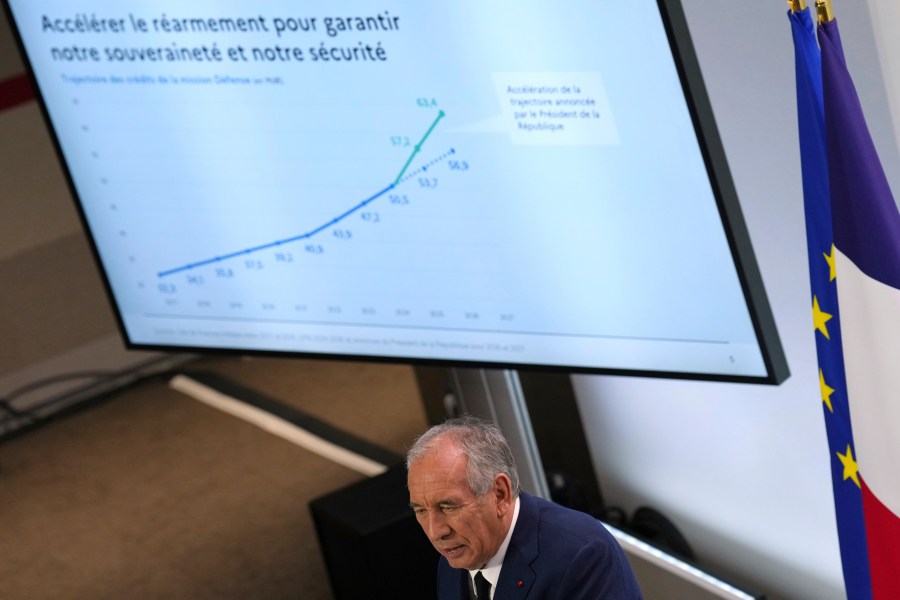France’s Prime Minister, François Bayrou, has proposed the elimination of two public holidays to address the country’s economic challenges. This suggestion, announced on Tuesday, aims to generate tax revenue and contribute to an anticipated budget that seeks to cut costs amid rising debt levels.
The potential holidays under review include Easter Monday and the day commemorating the Allied victory over Nazi Germany on May 8. Bayrou argues that removing these holidays could help save approximately 44 billion euros (around $51.3 billion) by increasing economic activity and, consequently, tax revenues.
President Emmanuel Macron assigned Bayrou the task of developing a budget that not only reduces expenditures but also accommodates increases in defense spending. Macron cites growing threats from Russia and other regions as fundamental reasons for this financial reassessment.
During his announcement, Bayrou expressed doubts regarding the religious significance of Easter Monday and criticized the clustering of holidays in May, which now features several days off, describing it as a “veritable Gruyere,” referencing the Swiss cheese known for its holes. He clarified that these holiday removals are merely suggestions and that he remains open to alternative proposals.
Currently, France recognizes 11 official public holidays each year. Bayrou’s recommendations are part of a broader budgetary strategy, but the lack of a parliamentary majority for Macron’s centrist party complicates the approval process. The government will need to garner support from both left and right factions to pass the budget, which is expected to be debated in the fall.
Reactions to Bayrou’s proposals have been swift. Unions and the far-right National Rally, the largest party in the lower house of Parliament, expressed strong disapproval. Critics argue that cutting public holidays could negatively impact workers’ rights and well-being.
Bayrou faces a challenging political landscape. His position as Prime Minister may be at risk if he cannot negotiate a compromise that satisfies various factions within the Parliament. As the budget process unfolds, the implications of these proposed changes will be closely monitored, particularly how they affect both citizens and the economy as a whole.
